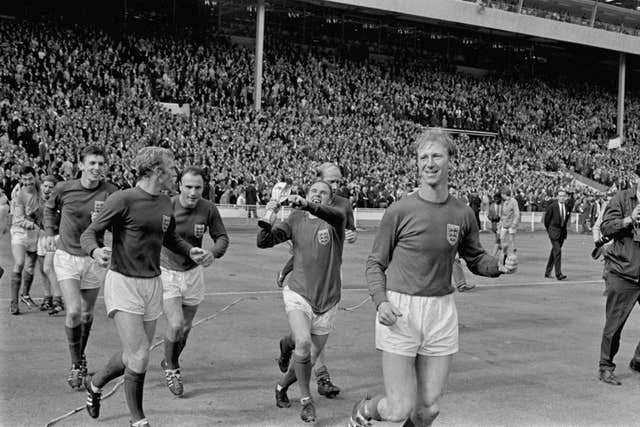Research project to study links between sport and dementia
Researchers are to conduct a comprehensive review of the links between sport and dementia amid growing concern over the effects of participation on elite athletes.
Alzheimer’s Research UK and The Health Policy Partnership are teaming up to carry out a six-month project in an effort to identify why some professionals have an increased risk of developing the condition.
Hilary Evans, CEO of Alzheimer’s Research UK said: “We know sport brings a range of health benefits, which also are good for the brain, but the more we understand about the potential risks of sport and their contribution towards the overall risk of dementia, the better.
“We are committed to improving the understanding of the risk factors for dementia with a view to minimising the number of dementia cases in the future. With new evidence emerging, and the relationship between certain sports and dementia risk receiving increasing scrutiny, this review is vital to help inform the direction of future research in this area.”

Former Manchester United star Denis Law and ex-Liverpool and Newcastle midfielder Terry McDermott revealed earlier this year that they are living with forms of dementia, which has claimed the lives of England’s World Cup winners Nobby Stiles, Jack Charlton, Ray Wilson and Martin Peters among others.
Former New Zealand prop Carl Hayman and ex-England hooker Steve Thompson are among a number of former players involved in a legal action against World Rugby while ex-Great Britain half-back Bobbie Goulding, who like Hayman has been diagnosed with early-onset dementia, is part of a group preparing a similar case against the Rugby Football League.
The new project will look at the current evidence base for the benefits and risks of sports and also involve consultation with clinical, research and sporting stakeholders to understand any existing gaps in knowledge.
Dementia currently affects almost a million people in the UK, although earlier research has suggested that management of 12 potentially modifiable risk factors linked to the condition could prevent around 40 per cent of cases.

Professor Jon Schott, Alzheimer’s Research UK’s chief medical officer, said: “Evidence suggests that for most of the population, what is good for heart health is also good for the brain.
“There’s been growing interest in the link between head injuries and dementia, from the more severe traumatic brain injury to repeated sports injuries.
“While we know that one specific type of dementia – chronic traumatic encephalopathy (CTE) – is associated with head injury there is still a limited amount of robust research in the area. We need a review like this to prioritise the most important questions to answer and shape research in the future.”
Christine Ridout, from The Health Policy Partnership, added: “This comprehensive review of the evidence on the risks and benefits of sport in relation to dementia will help us identify worldwide gaps in knowledge and highlight lessons that can be learnt across different countries and sports.”

 Yahoo Sport
Yahoo Sport 





































